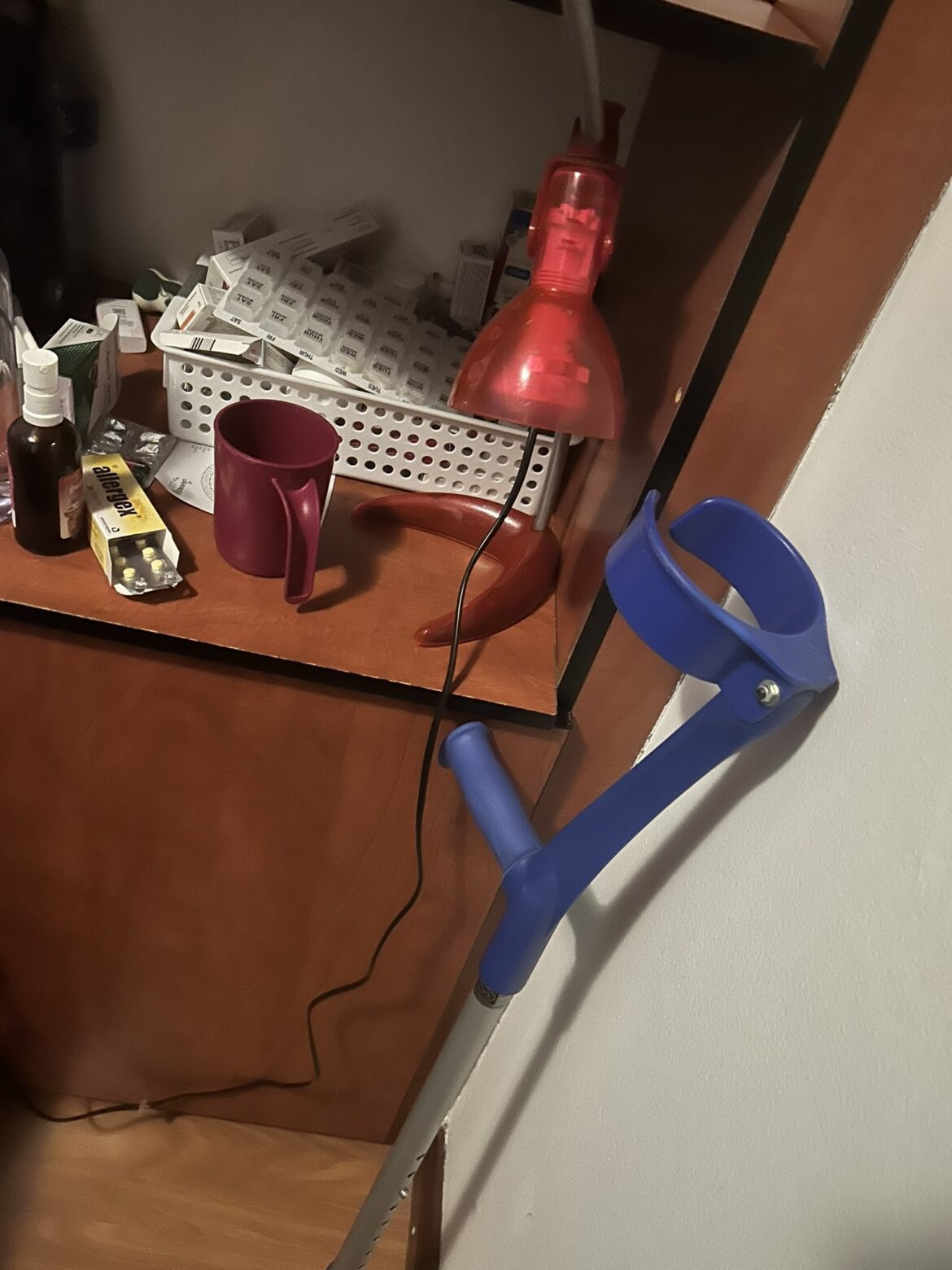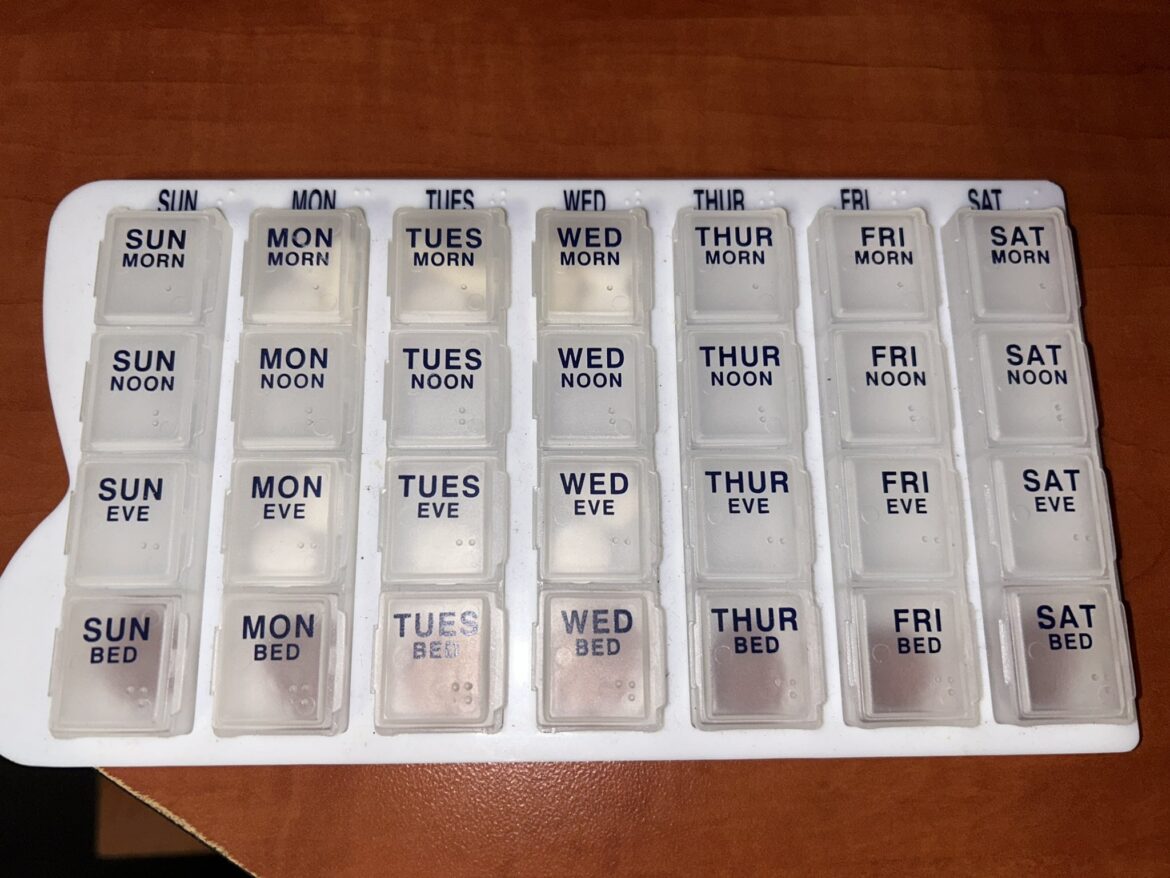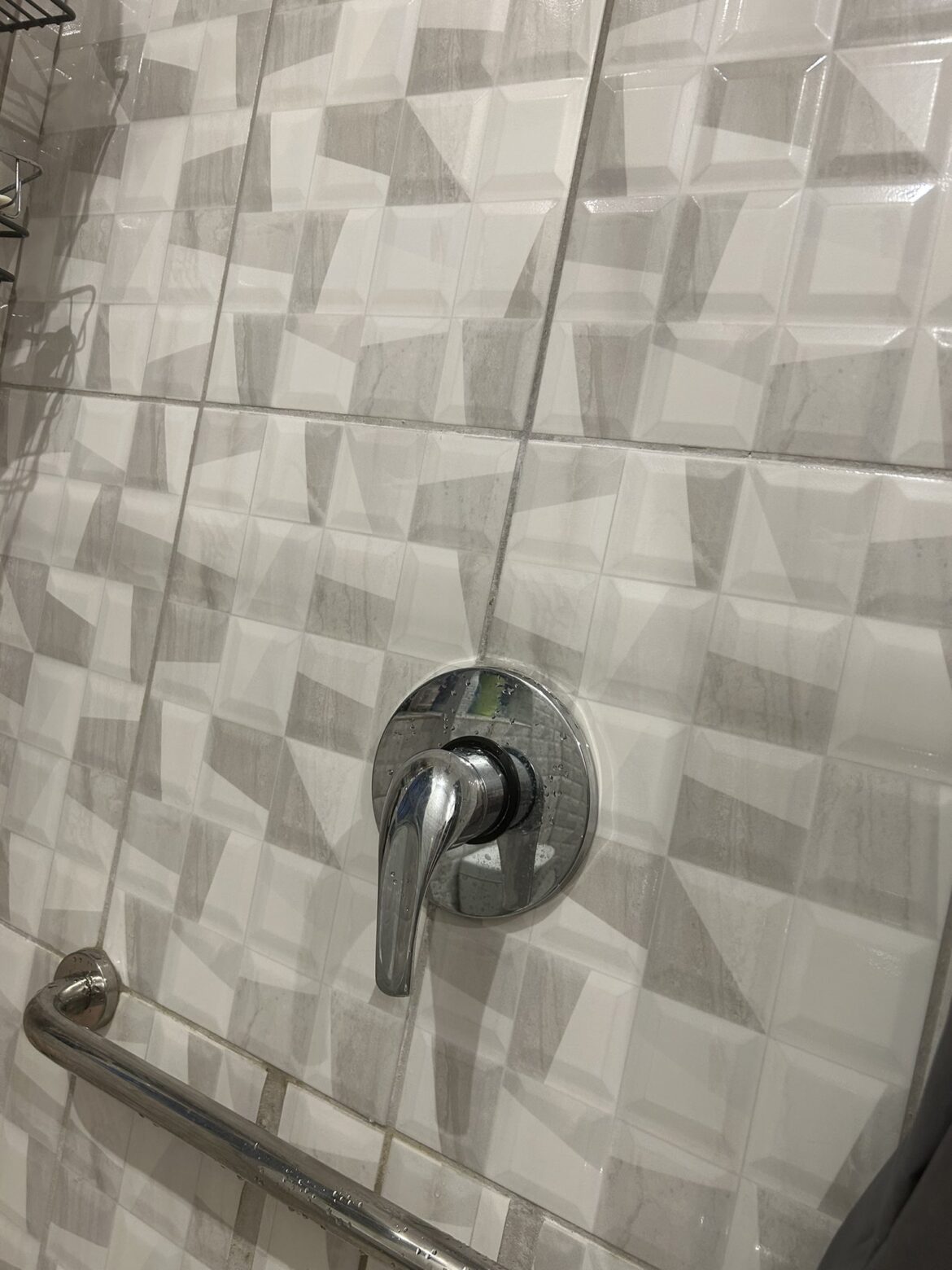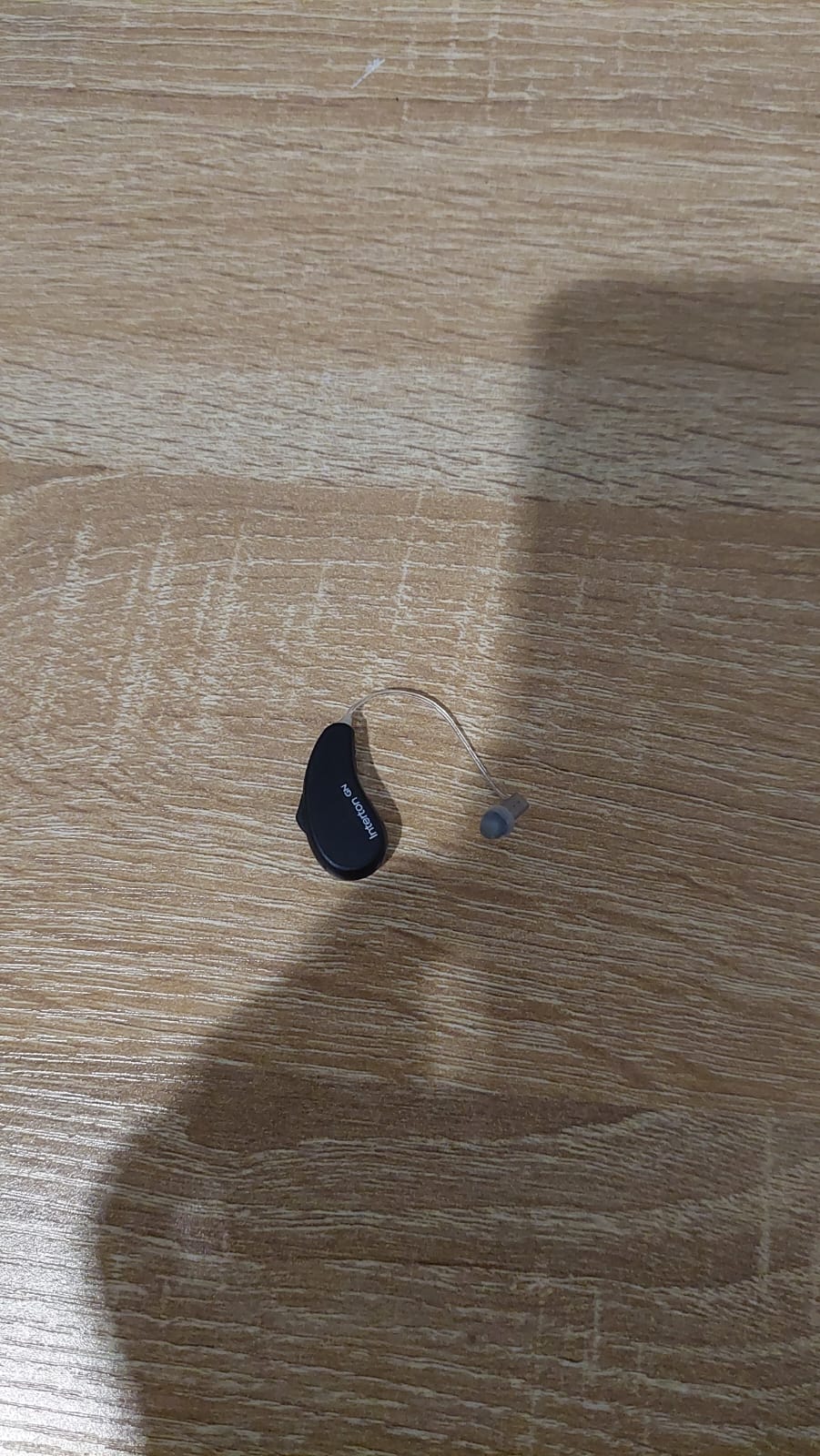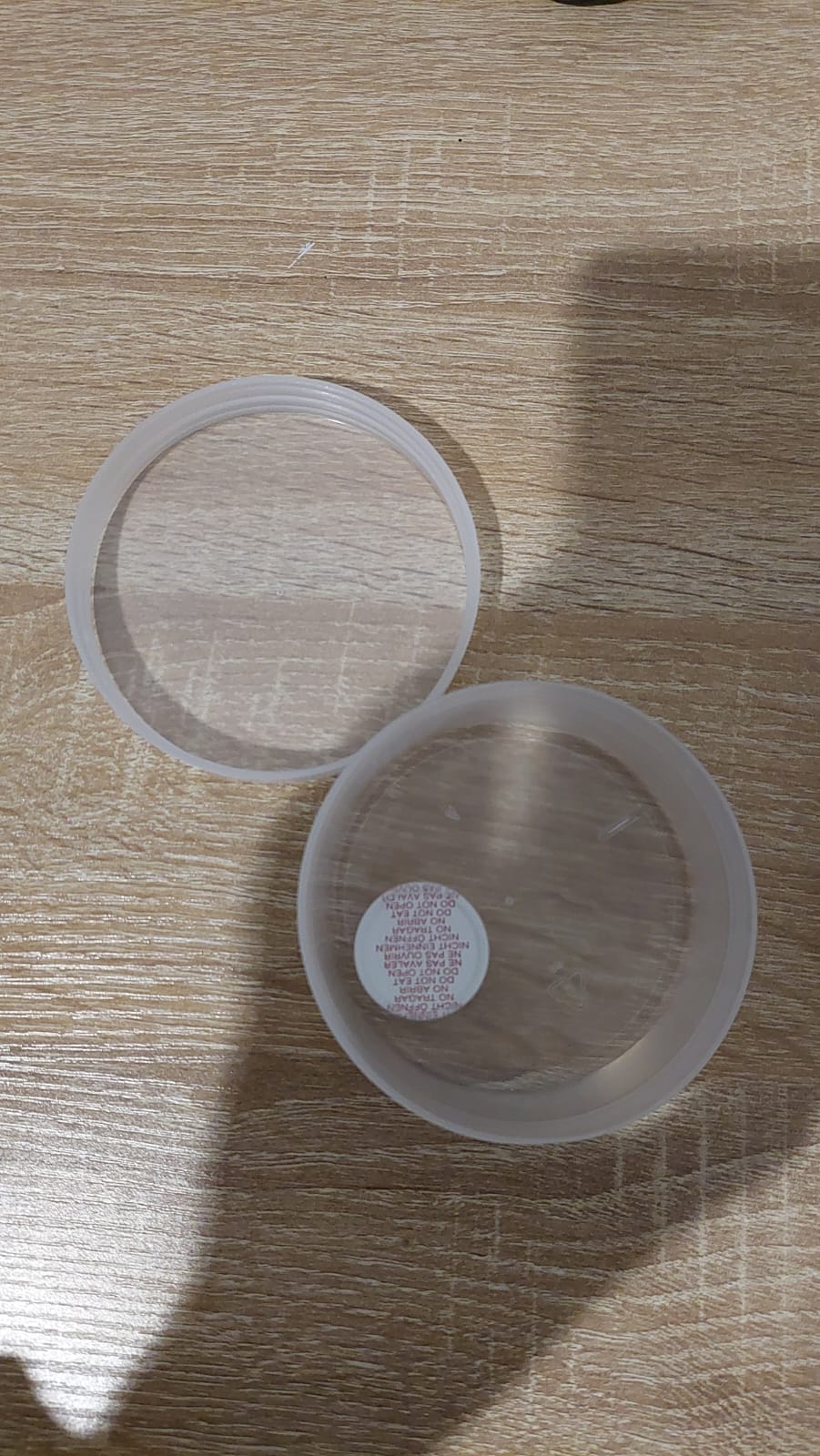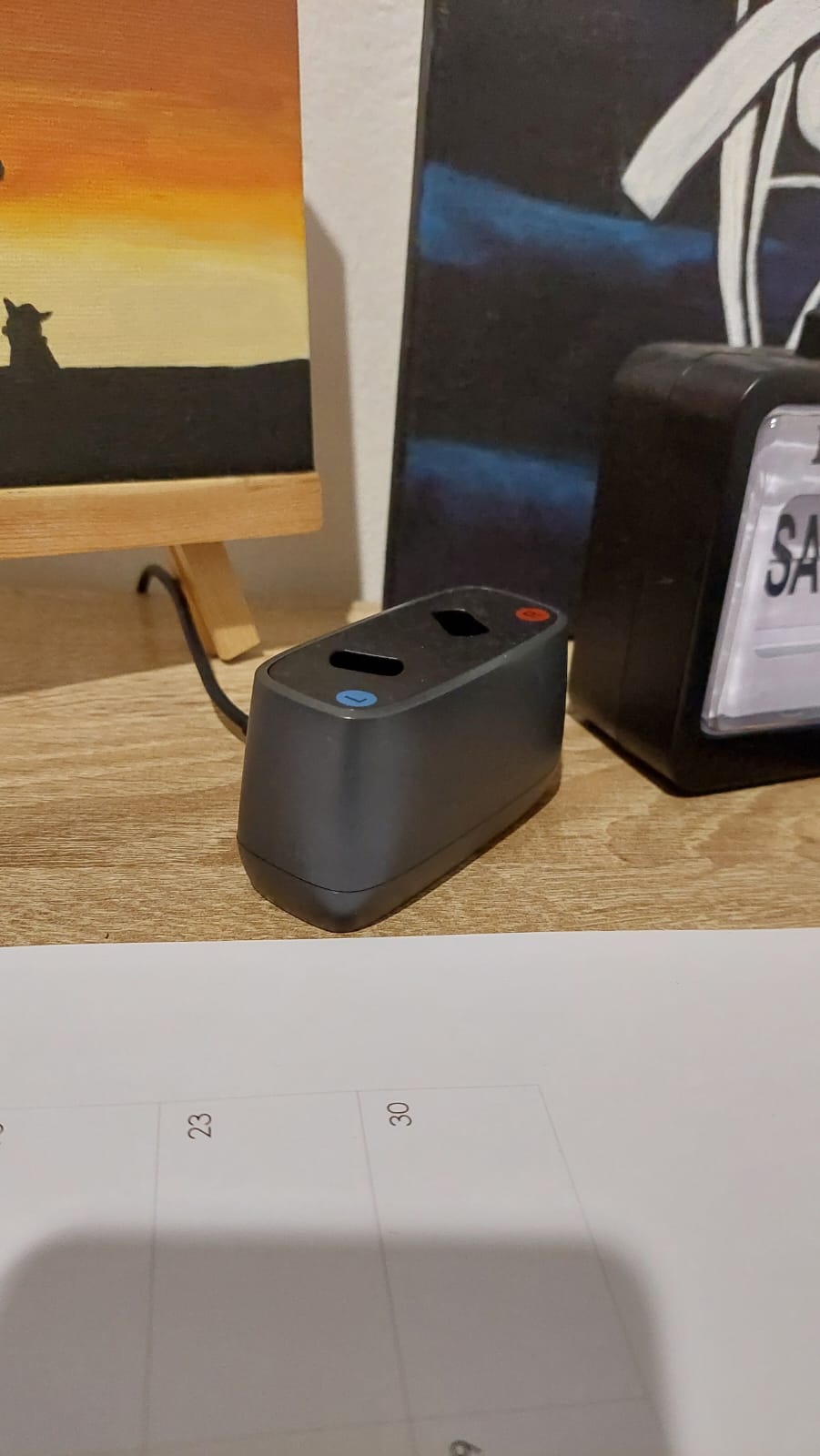South Africa needs to create an inclusive society for all Photo Landerslaw
South Africa – Our country is often lauded for its progressive constitution, which promises to protect and promote the rights of all citizens, including those with disabilities. However, the reality on the ground paints a very different picture with disabled people facing different barriers to accessing basic services.
Historically, people with disabilities were marginalized, and the perception of disability has evolved. After World War II, the medical model aimed to cure and rehabilitate individuals to fit into society. The 1970s brought the social model, recognizing societal barriers that create disability. Since the UN Convention on the Rights of Persons with Disabilities in 2006, a human rights-based approach has emerged. Despite this shift and the progressive Constitution of our country, it has failed to include people with disabilities in all spheres of life, explained Sabeeha Majid, Disability Rights Researcher for the Centre for Human Rights. The failures were further highlighted during the Covid-19 pandemic.
“This exclusion and ostracization were highlighted throughout the COVID-19 pandemic and South Africa’s failure to adequately consider the rights and needs of persons with disabilities when developing COVID-19 lockdown regulations. In addition to the COVID-19 pandemic, the Life Esidimeni tragedy highlighted the fact that the South African government, in particular the Department of Health, has failed to promote and protect the human dignity of persons with intellectual and psychosocial disabilities. Despite the fact that South Africa has ratified the CRPD, it has failed to domesticate and implement a large number of its obligations in terms of the CRPD. “
Challenges faced by people with disabilities
People with disabilities in South Africa face multiple challenges due to the numerous issues that exist in the country. They are multi-dimensional, multi-faceted and “very often, intersectional”, explained Majid. This means one can be discriminated against on various things.
“A black African woman with a disability living in a rural township may be discriminated against on the grounds of her race, gender, as well as disability and socio-economic status. More often than not, persons with disabilities will face multiple layers of discrimination resulting in multiple different challenges and as a result, there is no “one size fits all” solution to these challenges.”
For the past 8 years Leonise has been visually impaired, losing more than 60% of her vision. Almost five years ago she suffered nerve damage that physically impaired her. Her challenges are no different than others with disabilities but little is done to resolve it.
“I think the biggest challenge has been trying to get a service dog to assist me when I’m on my own. Not having accessibility in spaces I regularly frequent. Having disabled spaces be used by those who aren’t disabled such as the bathrooms and the parking spaces,” says Leonise.
Abled body people have the luxury of being able to go anywhere we want on our own. With the nerve damage and the physical impairment, being alone without a guide dog is a huge challenge for Leonise.
While physical barriers exist in everyday life, other barriers such as communication and attitudinal barriers exist as well, explained Majid. More often than not, the general public tends to forget about those barriers people with disabilities face.
For people like Kate, a 22 year-old graphic design student, living with a hearing impairment is a challenge in its own way. While the use of hearing aids has improved her life, there are still challenges she faces. Life in college is an experience for her unlike that of most her peers.
“Campus life is very different for me. Sitting in the front of the class isn’t a choice for me, it is a must. Sometimes if I come late and have to sit right at the very back, even with my hearing aids, it is quite difficult to hear. From that far back, even my lip reading skills have no use.”
SMread: Ramadan: A shared moment of unity, solidarity and empathy
Challenges faced in the education sphere
The education system in South Africa, for abled people, leaves much to be desired. When it comes to those who are disabled, much more work needs to be done. Kate was fortunate to have attended a school that catered to her needs. However, more than 500 000 children with disabilities have been shut out of South Africa’s education system. Those with disabilities who are able to attend school often have to face several challenges. Government needs to change a whole host of things in order to make education more inclusive for everyone, explained Majid.
“Firstly, more resources, human and financial, need to be injected into the education system. Secondly, education needs to be developed more holistically. The schooling system at present is very rigid and inflexible and does not allow for learners with varying learning needs to flourish and prosper. Furthermore, the curriculum needs to be transformed to allow for flexibility in teaching methods, styles and assessments/methods of testing.”
In order to rectify this the Department of Education issued a framework policy called White Paper 6: Special Needs, Education, Building an Inclusive Education and Training System in 2001. The document was a response to the post-apartheid state of special needs and support service in education and training. However, Majid noted till now it “has not been passed as legislation and remains a non-binding legal document”.
SMread: South Africa: A leader of freedom and protecting rights
Challenges faced in the working sector
Those who do get an education are not better off. Kate explained how she was rejected from a job simply because of her hearing impairment. Although her disability would not impact her work, the owners did not want to hire her.
“It was my first time applying for a holiday job. Seeing people my age working, it made me want to be a part of that crew. I applied to be a cashier at a coffee shop. Although my application was successful, when I came in to meet everyone, they noticed my hearing aid and ultimately decided not to give me the job. It was the first time really experiencing discrimination of this sort. It was a surreal moment because I grew up around people who didn’t treat me like I was different and this really showed me how the world can be towards people who have disabilities.”
Kate is not the first to be discriminated against in the work because of her disability and she won’t be the last. Majid believes discrimination of any kind, especially in the workplace, is rooted in our education system. To eradicate this from society, we have to attack it at its root.
“The root cause is entrenched in the education system, for as long as the education system continues to discriminate, segregate and ostracise, this will continue to have a ripple effect – persons with disabilities will continue to be excluded from employment opportunities.”
The Constitution of the Republic of South Africa lists disability as a prohibited ground for discrimination in section 9, which is the equality clause. This means that being discriminated against on the basis of disability amounts to unconstitutionality, said Majid.
Making public spaces accessible for people with disabilities
In general public spaces have not been made accessible for people with disabilities. Leonise feels that while some places are accessible, the majority aren’t and her feelings are shared by Majid. To Majid, those who are able should not be making decisions on what is and what is not accessible. This should be done by those with disabilities.
“The motto of the disability community is as follows; “Nothing for us, without us”. This motto encapsulates the importance of ensuring that persons with disabilities are given centre stage in all matters concerning persons with disabilities. Many public and private spaces do not adhere to the principles of universal design and as a result, many spaces remain inaccessible.”
Not all shopping malls make use of braille in their elevators, . This does little to help those who are visually impaired and more must be done to help the disabled community.
SMread: Mbeki’s letter a stern wake up call to ANC – analysts
Government needs to start playing its part
While the government likes to portray they are helping the disabled community, they are doing anything but. Unlike other countries, South Africa does not have a “Disability Act which deals with all disability rights matters in a single Act of law or legislation”, said Majid. Furthermore South Africa’s non-ratification of the African Disability Protocol is indicative of South Africa’s unwillingness to improve the rights of persons with disabilities in the country.
“The African Disability Protocol was adopted in 2018, and 5 years later, only three African states have ratified it, which means that it has not entered into force as it requires fifteen ratifications to enter into force. South Africa’s ratification of the CRPD and non-ratification of the African Disability Protocols highlights a desire to gain approval and praise from the West/Europe without any real desire to improve the lives of persons with disabilities.”
For Leonise, the government has to do more to create awareness and introduce laws to make public places more accessible amongst other things.
“We need more awareness on disabilities, more accessibility options when leaving our homes, better healthcare and actual assistance if we need access to grants/service dogs and such.”
The part we as the public need to play
As much as we like to point out the flaws and failures of the government, we also have to look at ourselves and see what we are doing, explained Majid. While the government is the key stakeholder, society needs to play its part as well.
“Real change rests upon all of us as active members of society. As active members of society, we need to shoulder the responsibility of making society better for everyone to live in. We need to ensure that we dismantle systems of oppression by speaking out against them, by acknowledging our bias and prejudice, and by educating others, especially future generations.”
Government can make all the changes to legislations, implement them and make new rules but if we, as society, do not change how we view people with disabilities, nothing will change. It requires effort on both sides in order to create an equal, fair and inclusive society for all.
Historically, people with disabilities were marginalized, and the perception of disability has evolved. After World War II, the medical model aimed to cure and rehabilitate individuals to fit into society. The 1970s brought the social model, recognizing societal barriers that create disability. Since the UN Convention on the Rights of Persons with Disabilities in 2006, a human rights-based approach has emerged, but people with disabilities are still not fully included in all aspects of life, despite progressive constitutions.

